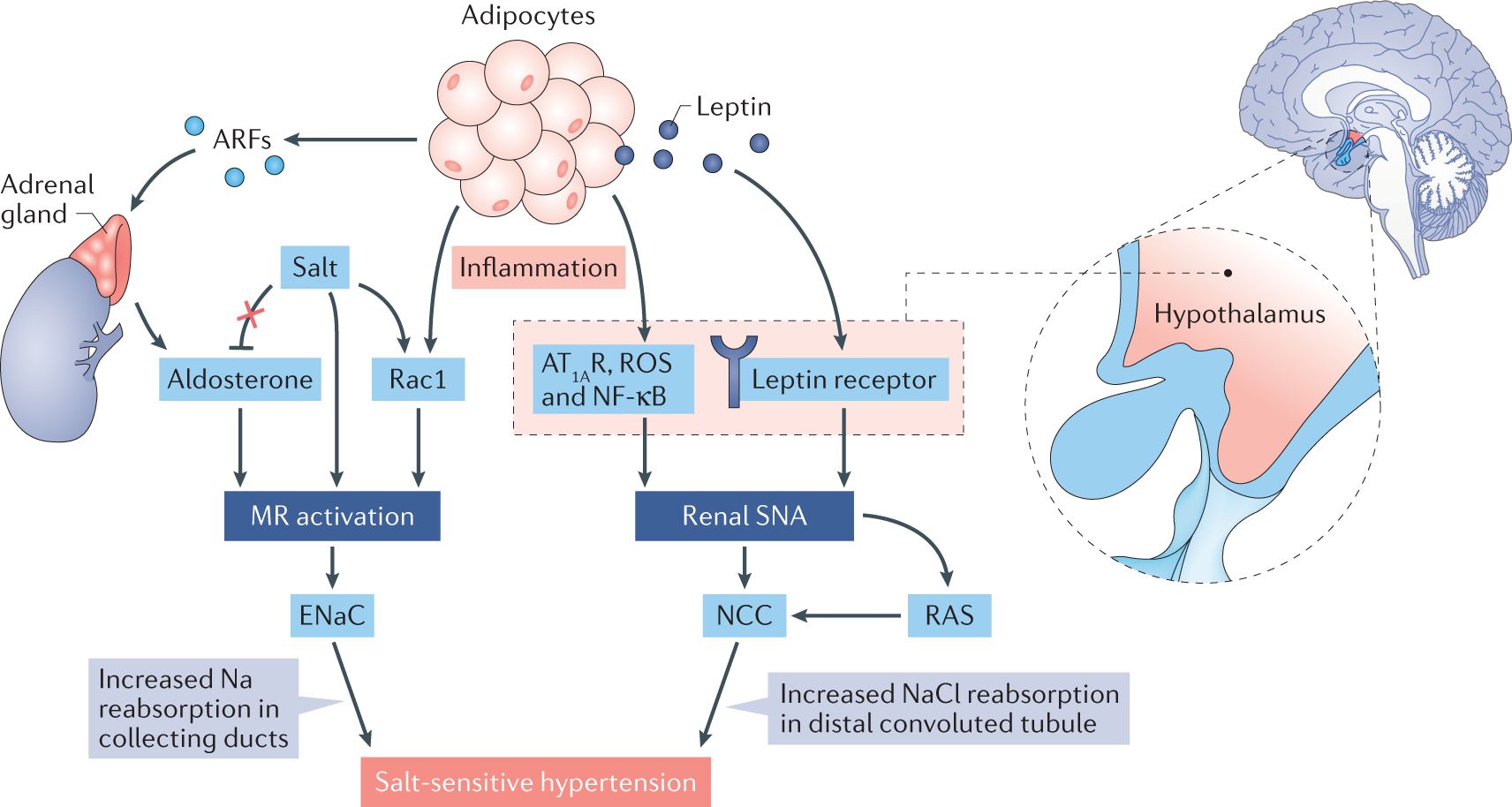
Glucocorticoid sensitive hypertension is a rare condition where blood pressure spikes due to an abnormal response to glucocorticoids, a type of steroid hormone. This condition can be tricky to diagnose because its symptoms often mimic those of more common types of hypertension. Understanding glucocorticoid sensitive hypertension is crucial for effective treatment and management. This blog post will delve into 25 key facts about this condition, shedding light on its causes, symptoms, and treatment options. Whether you're a patient, caregiver, or just curious, these facts will provide valuable insights into this unique form of hypertension. Let's get started!
Key Takeaways:
- Glucocorticoid Sensitive Hypertension is a rare condition caused by genetic mutations, leading to high blood pressure. It affects the body's sodium and potassium levels, heart function, and blood vessels, requiring a combination of lifestyle changes and medical treatments for management.
- Untreated GSH can lead to severe complications such as heart disease, kidney damage, stroke risk, vision problems, and aneurysms. Ongoing research aims to develop personalized treatments and improve diagnostics for better management of this rare condition.
What is Glucocorticoid Sensitive Hypertension?
Glucocorticoid Sensitive Hypertension (GSH) is a rare form of high blood pressure. It occurs due to an abnormal response to glucocorticoids, a type of steroid hormone. Let's explore some fascinating facts about this condition.
-
GSH is rare. It affects only a small percentage of the population, making it a unique medical condition.
-
Caused by genetic mutations. Specific gene mutations lead to an abnormal response to glucocorticoids, triggering hypertension.
-
Glucocorticoids are stress hormones. These hormones help the body respond to stress but can cause high blood pressure in GSH patients.
-
Symptoms mimic other conditions. Symptoms like headaches, dizziness, and fatigue can be mistaken for other health issues.
-
Diagnosed through blood tests. Blood tests measuring hormone levels help diagnose GSH.
How Does GSH Affect the Body?
Understanding how GSH impacts the body can help in managing the condition better. Here are some key effects.
-
Increases sodium retention. Glucocorticoids cause the kidneys to retain sodium, leading to higher blood pressure.
-
Reduces potassium levels. This imbalance can cause muscle weakness and cramps.
-
Affects blood vessels. GSH can lead to stiffening of blood vessels, making it harder for blood to flow.
-
Impacts heart function. Over time, high blood pressure can strain the heart, leading to complications.
-
Can cause metabolic changes. GSH may alter metabolism, affecting weight and energy levels.
Treatment Options for GSH
Managing GSH involves a combination of lifestyle changes and medical treatments. Here are some common approaches.
-
Lifestyle changes. Reducing salt intake, exercising, and maintaining a healthy weight can help manage blood pressure.
-
Medications. Doctors may prescribe antihypertensive drugs to control blood pressure.
-
Glucocorticoid blockers. These medications can reduce the effects of glucocorticoids on blood pressure.
-
Regular monitoring. Frequent check-ups are essential to track blood pressure and adjust treatments as needed.
-
Stress management. Techniques like meditation and yoga can help reduce stress, potentially lowering blood pressure.
Complications of Untreated GSH
Ignoring GSH can lead to severe health issues. Here are some potential complications.
-
Heart disease. Prolonged high blood pressure can damage the heart, leading to heart attacks or heart failure.
-
Kidney damage. The kidneys can be harmed by constant high blood pressure, leading to chronic kidney disease.
-
Stroke risk. High blood pressure increases the risk of strokes due to damaged blood vessels in the brain.
-
Vision problems. Hypertension can affect the blood vessels in the eyes, leading to vision loss.
-
Aneurysms. Weakened blood vessels can bulge and potentially rupture, causing life-threatening aneurysms.
Research and Future Directions
Ongoing research aims to better understand and treat GSH. Here are some exciting developments.
-
Genetic studies. Researchers are exploring the genetic basis of GSH to develop targeted therapies.
-
New medications. Scientists are working on new drugs that more effectively block glucocorticoid effects.
-
Personalized medicine. Tailoring treatments to individual genetic profiles could improve outcomes for GSH patients.
-
Improved diagnostics. Advances in diagnostic tools may allow for earlier and more accurate detection of GSH.
-
Patient education. Increasing awareness about GSH can help patients manage their condition more effectively.
Final Thoughts on Glucocorticoid Sensitive Hypertension
Glucocorticoid Sensitive Hypertension (GSH) is a rare but significant condition. Understanding its causes, symptoms, and treatments can make a big difference in managing it. GSH often stems from genetic mutations affecting cortisol metabolism. Symptoms like high blood pressure, fatigue, and muscle weakness can be managed with proper medical care. Treatments usually involve medications that block cortisol production or its effects. Lifestyle changes, such as a balanced diet and regular exercise, also play a crucial role. Early diagnosis and intervention are key to improving quality of life. If you suspect GSH, consult a healthcare provider for proper evaluation and treatment. Knowledge is power, and staying informed can help you or a loved one navigate this condition more effectively.
Frequently Asked Questions
Was this page helpful?
Our commitment to delivering trustworthy and engaging content is at the heart of what we do. Each fact on our site is contributed by real users like you, bringing a wealth of diverse insights and information. To ensure the highest standards of accuracy and reliability, our dedicated editors meticulously review each submission. This process guarantees that the facts we share are not only fascinating but also credible. Trust in our commitment to quality and authenticity as you explore and learn with us.
